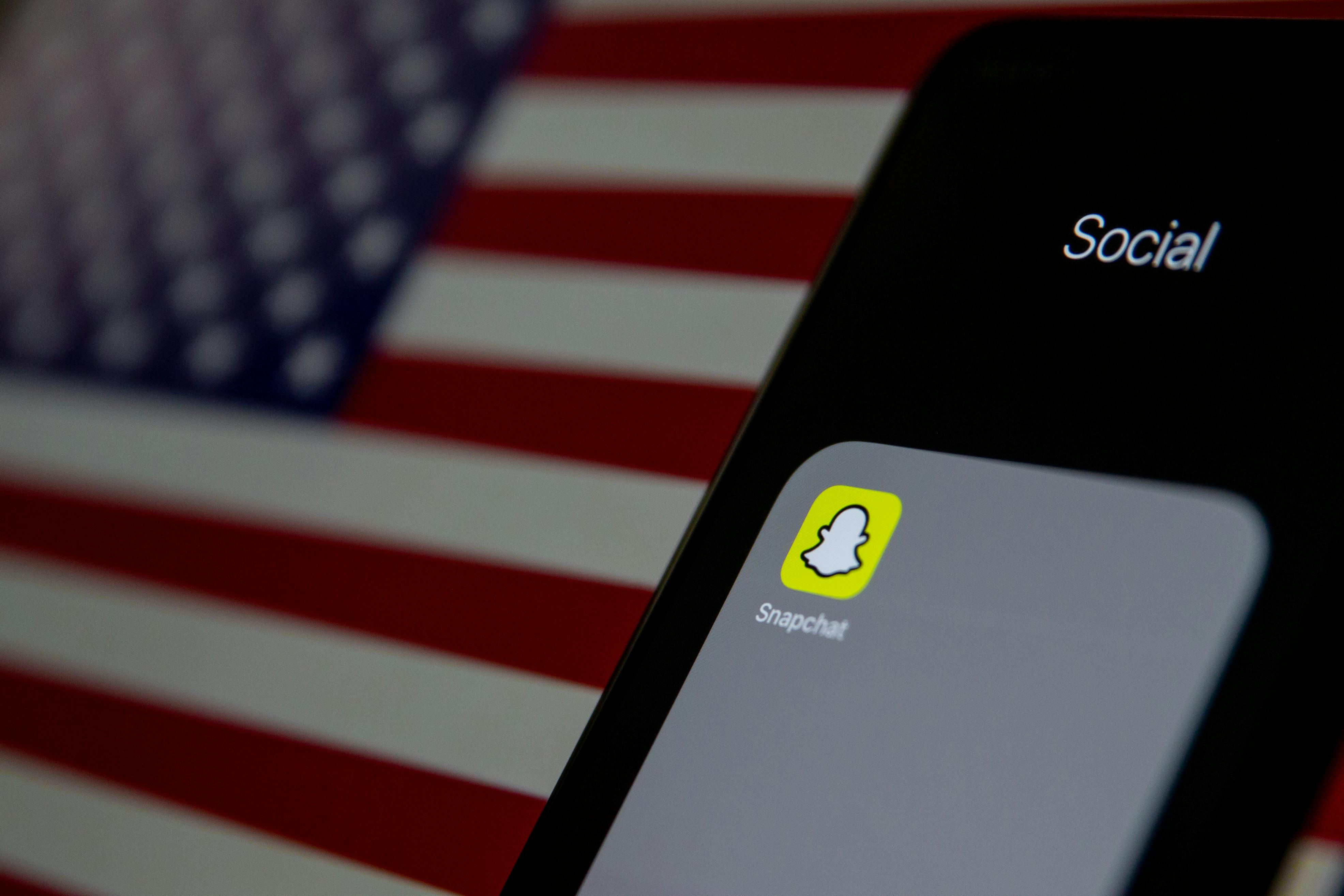
Introduction
The landscape of immigration has taken a significant turn in recent years, particularly for those seeking entry into the United States. In an era where social media is omnipresent, the U.S. Embassy has incorporated a new directive that mandates visa applicants to disclose their social media handles on the DS-160 application form. This regulation aims to bolster national security and facilitate thorough background checks by the immigration authorities. In this blog post, we delve into the implications of this requirement, what it entails for applicants, and how one can navigate this new aspect of the visa application process.
The Social Media Disclosure Requirement
The U.S. Embassy’s guidance emphasizes that all non-resident visa seekers must list all social media usernames and handles used in the past five years. This requirement encompasses a wide array of platforms:
- X (formerly Twitter)
- TikTok
- YouTube
The importance of this requirement cannot be overstated, as both active and inactive accounts must be disclosed. Even if an individual has not posted on a certain platform for years, if the account exists, it should be included in the application.
Consequences of Non-Disclosure
Failure to comply with this new rule can lead to critical repercussions:
- Immediate visa denial
- Lengthy processing times as the application undergoes further scrutiny
- Potential flags on the applicant’s records for any future visa applications
It’s crucial to approach this requirement seriously because any intentional omission can result in more severe penalties. Misrepresentation, even in the form of neglecting to disclose an account, may be viewed as a falsification of information, undermining one’s chances of obtaining a visa in the future.
The Rationale Behind the Requirement
This directive aligns with the U.S. government’s larger strategy to enhance national security efforts. By collecting social media information, officials can better assess an applicant’s identity, detect potential security threats, and identify red flags that might arise from their online interactions. Social media profiles can reflect vital aspects of a person’s character and behavior that are relevant to their visa application.
Additionally, this practice mirrors a global trend in which immigration agencies worldwide are increasingly leveraging public data to inform their decision-making processes. By reviewing social media activity, authorities gather insights that traditional background checks may overlook.
Steps for Applicants
For applicants preparing to submit their DS-160 forms, thorough preparation is key:
- Conduct a review of all social media accounts active in the last five years.
- Compile a comprehensive list of all relevant usernames exactly as they appear.
- Include all accounts, even if they seem insignificant. Every digital footprint is relevant.
- Prioritize transparency. It is always better to disclose and be scrutinized than to omit information.
By adhering to these steps, applicants minimize the risk of complications and pave the way for a smoother visa process.
Final Thoughts
This new directive is a significant reminder for Indian visa seekers and travelers worldwide. In a digital age where online presence is intertwined with personal identity, honesty and openness in the visa application process are essential. The DS-160 form has transformed into more than just a procedural step; it is a crucial aspect that can determine the fate of one’s visa application.
Especially for students, professionals, and tourists, understanding the importance of this rule is vital to securing U.S. visa approval. Ensure that you stay informed and up-to-date with the requirements set forth by the U.S. Embassy to avoid any pitfalls during your application process.
In conclusion, the U.S. government has put this requirement in place as part of broader efforts to ensure national safety and security. As part of your visa preparation, make sure all aspects of the application, particularly your social media disclosure, are handled with care.
